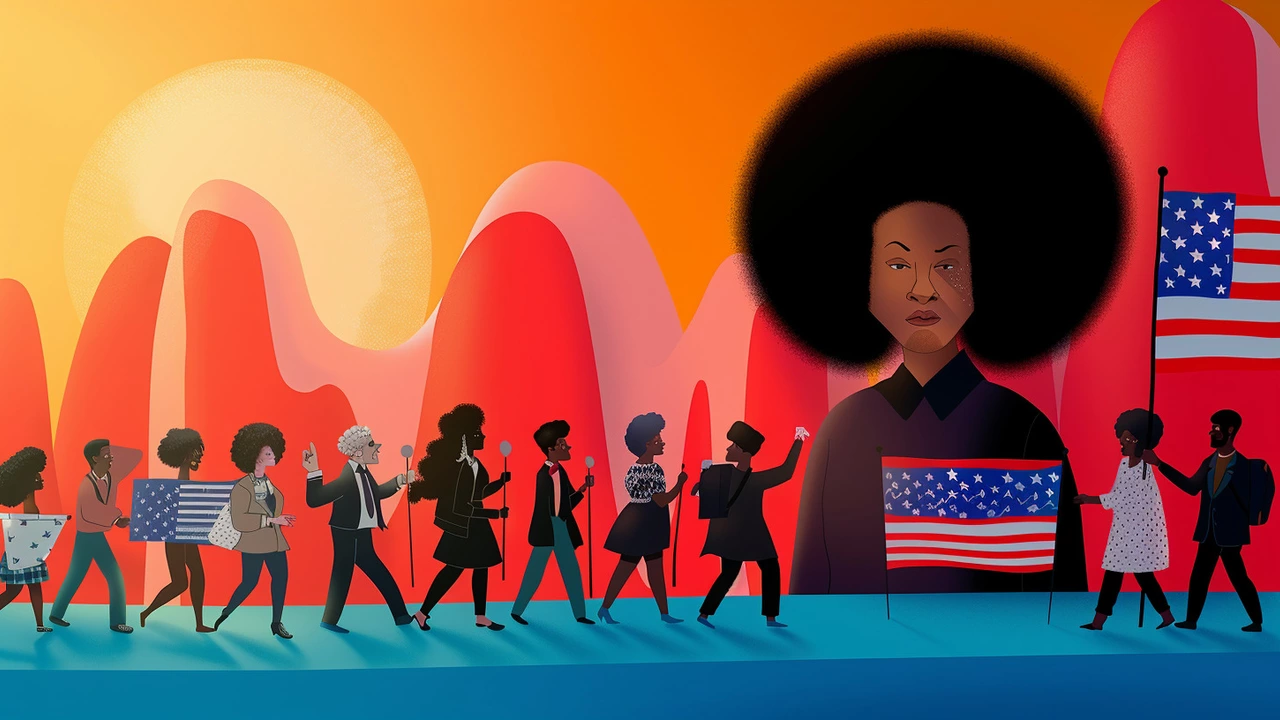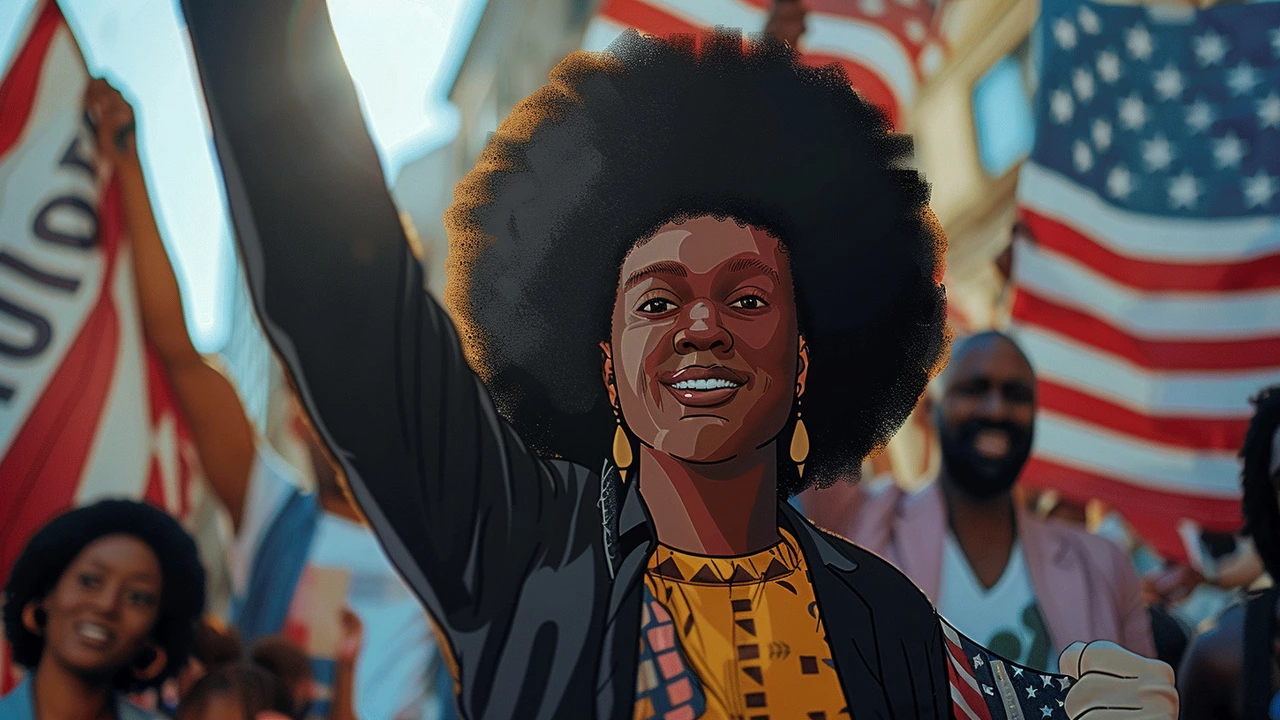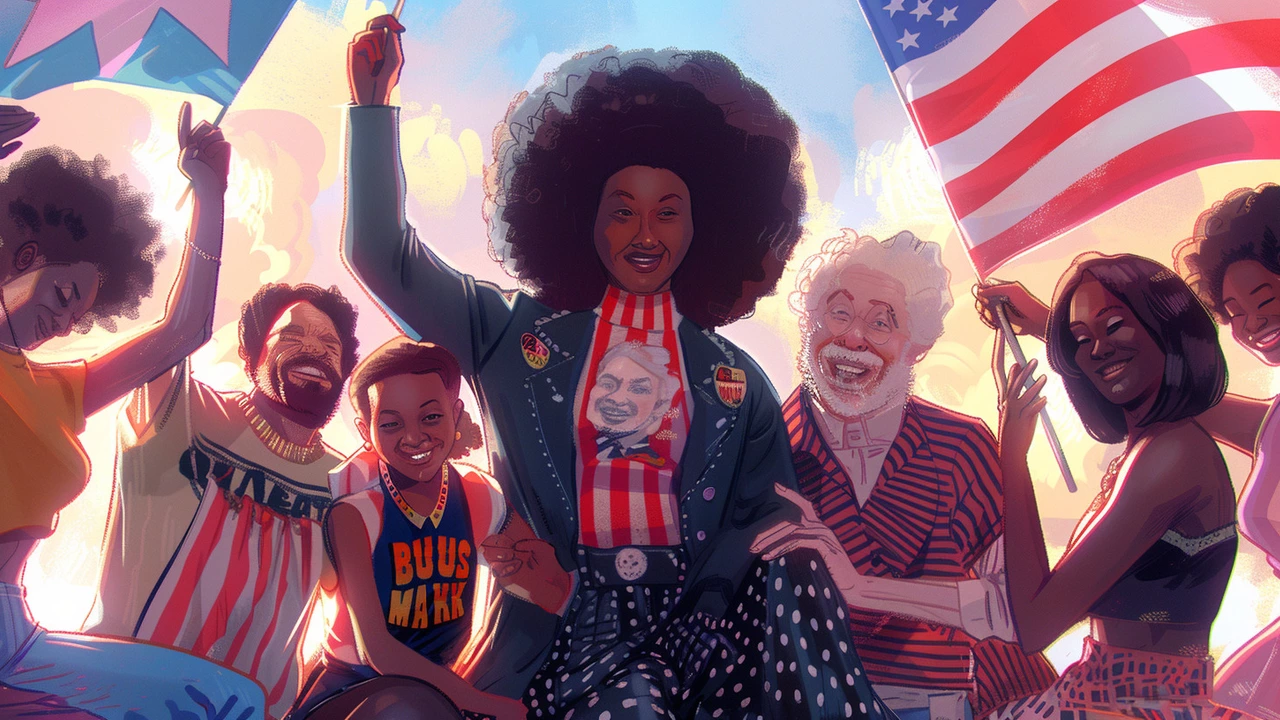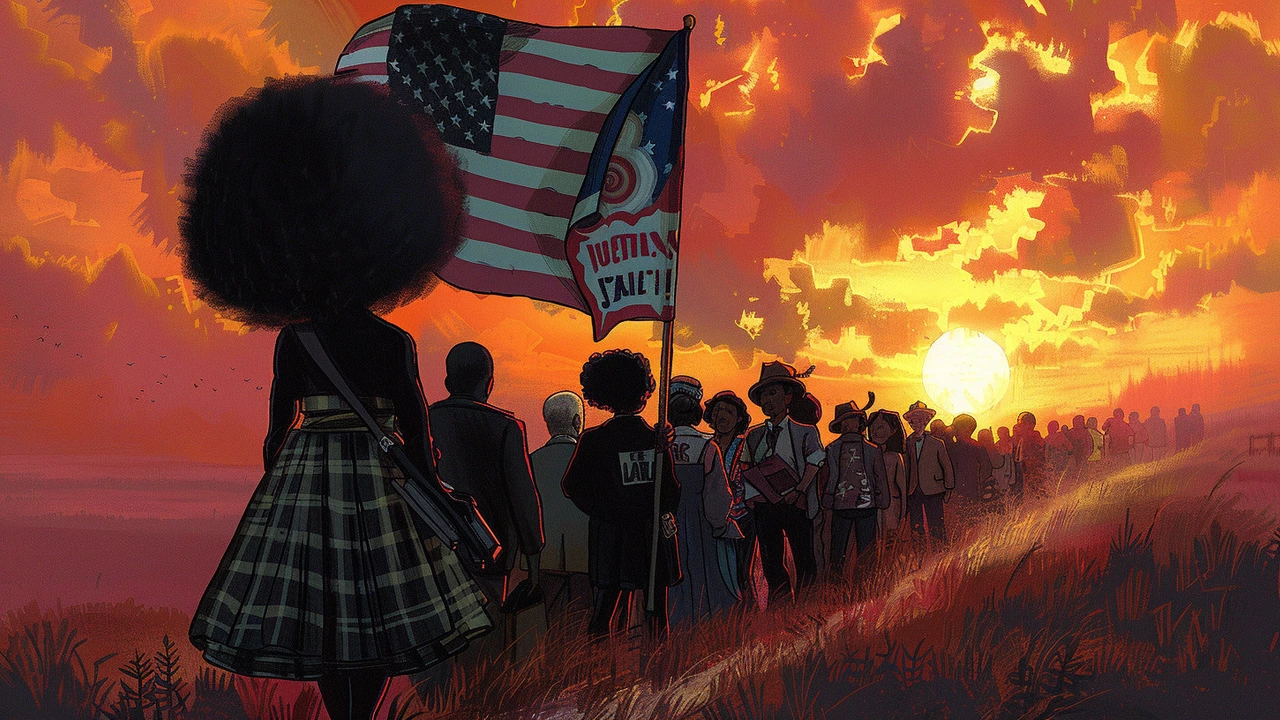The Power of Graphic Novels in Reclaiming Black History
Juneteenth, which commemorates the end of slavery in the United States, serves as an important reminder of the ongoing struggle for racial justice. One of the most powerful ways to honor this day is through the stories that tell the often-overlooked chapters of African American history. Recently, graphic novels have emerged as significant tools in this endeavor, presenting anti-racist and Afrocentric perspectives that make complex historical narratives accessible to a broad and diverse audience.
'Stamped from the Beginning: A Graphic History of Racist Ideas in America'
One of the standout titles in this realm is 'Stamped from the Beginning: A Graphic History of Racist Ideas in America.' This adaptation of Ibram X. Kendi's seminal work by Joel Christian Gill offers a compelling chronicle of American history, starting from the Colonial era and extending to the present day. The novel lays bare the persistent role of racial hierarchies in the fabric of American society. It has earned a pivotal place within the Black Lives Matter movement, serving both as a guide to understanding systemic oppression and a call to action against it. As such, it has also faced backlash from those critical of 'woke' narratives, highlighting the broader cultural conflict surrounding the recognition of systemic racism.

'Ms Davis': A Revolutionary Life Unfolded
Another remarkable graphic novel is 'Ms Davis,' which intricately details the life of the renowned activist Angela Davis. Authored by Sybille Titeux de la Croix and illustrated by Amazing Ameziane, the novel does more than recount biographical facts; it captures the essence of Davis's revolutionary spirit through a non-linear narrative that includes elements of fiction. This approach not only humanizes Davis but also speaks to the broader struggles of the African-American community, making it an essential read for those looking to understand the multifaceted nature of the fight for racial justice.
The Echoes of Resistance in 'The Black Panther Party'
'The Black Panther Party' by David Walker and Marcus Kwame Anderson is another graphic novel that delves deep into black history. It traces the rise and impact of one of the most influential and misunderstood organizations in American history. Through vivid illustrations and engaging narratives, the book explores the Panther's role in fighting police brutality, advocating for community self-defense, and establishing social programs. These aspects are often overshadowed by mainstream portrayals focusing solely on their militant image. By offering a nuanced view, the graphic novel provides readers with a more comprehensive understanding of the Panther's legacy.

'The Graphic History of Hip Hop': Cultural Revolution Illustrated
In 'The Graphic History of Hip Hop,' Walter Greason and Tim Fielder bring to life the evolution of one of the most influential cultural movements of the 20th and 21st centuries. This graphic novel not only traces the origins and global impact of hip hop but also underscores its roots in resistance and its power as a voice for the marginalized. Through dynamic illustrations and detailed accounts, the book captures the essence of hip hop as more than just music—it is a social and political force that continues to shape contemporary culture.
The Importance of Graphic Novels in Historical Context
These graphic novels do more than entertain; they educate. By providing historical context and elevating African-American voices, they serve as essential readings, especially around the time of Juneteenth. In an era where the teaching of Black history is often met with resistance and at times blatant erasure, works like these become not just valuable but vital. They validate the experiences and contributions of African-Americans, reinforcing the undeniable truth that Black history is American history.
Graphic novels such as 'Stamped from the Beginning,' 'Ms Davis,' 'The Black Panther Party,' and 'The Graphic History of Hip Hop' offer readers immersive experiences that textbooks often fail to deliver. Their visual format and narrative styles make complex topics digestible, fostering a deeper understanding and appreciation of the African-American struggle and resilience.

A Call to Action
As we celebrate Juneteenth, it is crucial to engage with these stories and acknowledge their significance. Each graphic novel mentioned serves as a testament to the enduring spirit of resistance and the relentless pursuit of justice. They invite readers to not only witness history but to become a part of the ongoing dialogue about race and equality in America.
This Juneteenth, let us turn to these graphic novels to educate ourselves, to reflect, and to honor the voices that have long been silenced. Let us celebrate the progress made and recognize the work still to be done. Through these powerful narratives, we can better understand the past, challenge the present, and envision a more equitable future.
